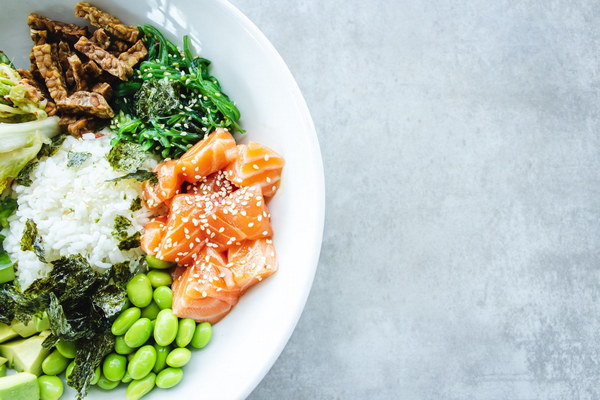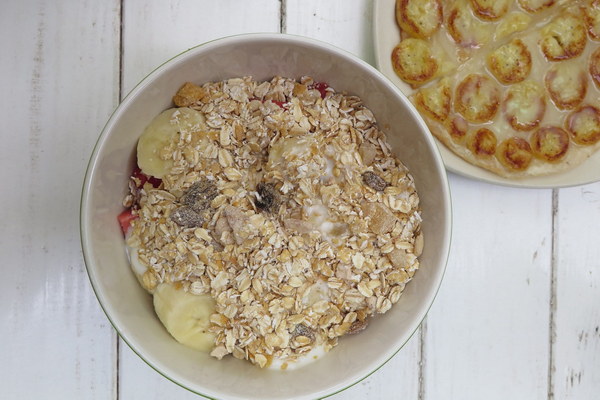Top Vitamins for Lung Health What to Eat for Optimal Breathing
Introduction:
The lungs are crucial organs that play a vital role in oxygenating the blood and removing carbon dioxide from the body. Keeping the lungs healthy is essential for overall well-being. While maintaining a healthy lifestyle and avoiding smoking are the best ways to care for your lungs, incorporating certain vitamins into your diet can also contribute to lung health. This article will explore the best vitamins for lung health and provide suggestions on what to eat to ensure optimal breathing.
1. Vitamin C:
Vitamin C is a powerful antioxidant that helps protect the lungs from oxidative stress. It also enhances the immune system, which can help prevent respiratory infections. Foods rich in vitamin C include oranges, strawberries, bell peppers, kale, and spinach. Incorporating these fruits and vegetables into your daily diet can help maintain lung health.
2. Vitamin D:
Vitamin D plays a crucial role in lung function by regulating the immune system and reducing the risk of infections. It also helps in the absorption of calcium, which is important for maintaining healthy bones and respiratory muscles. Foods rich in vitamin D include fatty fish (such as salmon, mackerel, and tuna), egg yolks, and fortified dairy products. If you're unable to get enough vitamin D from your diet, consider taking a supplement after consulting with your healthcare provider.
3. Vitamin E:
Vitamin E is another potent antioxidant that helps protect the lungs from oxidative damage. It also plays a role in immune function and inflammation regulation. Foods rich in vitamin E include almonds, sunflower seeds, peanut butter, avocados, and spinach. Adding these foods to your diet can support lung health.

4. Vitamin A:
Vitamin A is essential for maintaining the integrity of the lung tissues and enhancing the immune system. It also helps in the production of mucus, which helps trap and expel foreign particles from the lungs. Foods rich in vitamin A include sweet potatoes, carrots, kale, spinach, and liver. Including these foods in your diet can support lung health.
5. Vitamin B6:
Vitamin B6 is important for maintaining healthy lung function and reducing the risk of respiratory infections. It also plays a role in the production of antioxidants. Foods rich in vitamin B6 include chicken, turkey, salmon, potatoes, and bananas. Including these foods in your diet can help support lung health.
6. Vitamin K:
Vitamin K is essential for maintaining healthy blood vessels and promoting lung function. It also plays a role in the regulation of inflammation. Foods rich in vitamin K include kale, spinach, Swiss chard, broccoli, and Brussels sprouts. Incorporating these foods into your diet can contribute to lung health.
Conclusion:
Incorporating these vitamins into your diet can help maintain lung health and support optimal breathing. However, it's essential to remember that a balanced diet and a healthy lifestyle are the best ways to care for your lungs. Consult with your healthcare provider before making any significant changes to your diet or starting a new supplement regimen.









